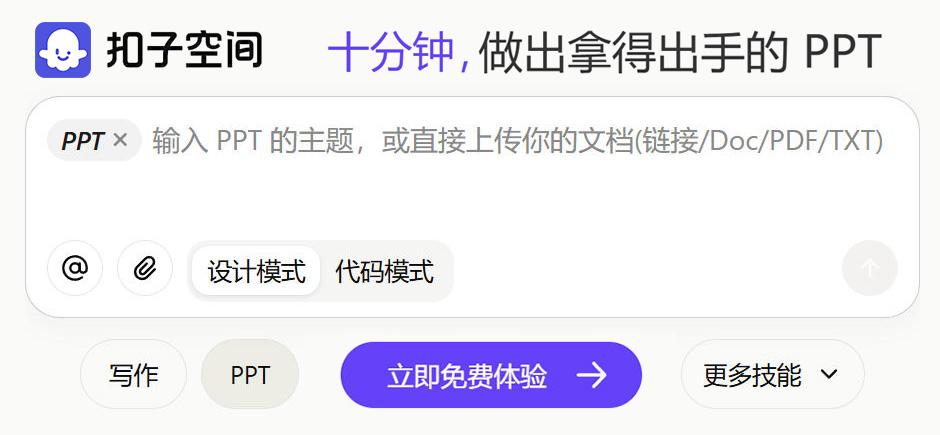The Significance of Artificial Intelligence in Education: Enhancing Learning Efficiency and Personalized Education
Artificial Intelligence (AI) is revolutionizing various industries, and one area where its potential for positive change is particularly evident is in education. With its ability to process massive amounts of data, adapt to individual learning needs, and enhance teaching techniques, AI has significant implications for improving the efficiency and effectiveness of education. In this article, we will explore the various ways in which AI can transform the education sector.
First and foremost, AI can revolutionize the way educational content is delivered and accessed. Through intelligent tutoring systems, virtual assistants, and personalized learning platforms, AI can create tailored educational experiences for students. These technologies can adapt to individual learning styles, preferences, and paces, thereby promoting better engagement and understanding. By analyzing vast amounts of data on students’ performance and behavior, AI can identify areas where students might be struggling and provide targeted support and resources.
.jpg)
Additionally, AI can automate administrative tasks, freeing up valuable time for educators to focus on teaching and mentoring. AI-powered grading systems can efficiently evaluate assignments and exams, providing timely feedback to students. This not only saves teachers’ time but also enables students to receive immediate input and adapt their learning strategies accordingly. Furthermore, administrative AI systems can handle routine tasks like scheduling, attendance tracking, and record management, streamlining administrative processes and reducing the burden on educators.
AI also enables the creation of immersive and interactive learning experiences. Virtual reality (VR) and augmented reality (AR) technologies, driven by AI, can simulate realistic environments and scenarios, allowing students to engage in hands-on learning. Whether it is exploring historical sites, conducting scientific experiments, or practicing real-world skills in a risk-free environment, AI-powered immersive experiences enhance learning and foster creatiViTy and critical thinking.
Moreover, AI plays a crucial role in ensuring access to quality education for all. By providing personalized and adaptive learning, AI can bridge educational gaps and cater to diverse learning needs. Students with different strengths, weaknesses, and disabilities can benefit from AI-powered tools that provide tailored support and accommodations. This inclusivity enables an equitable learning environment where every student has the opportunity to thrive.
However, while the potential benefits of AI in education are immense, it is important to address potential concerns. Privacy and security concerns regarding the collection and use of data must be carefully managed to ensure the safety and confidentiality of students’ information. Additionally, the ethical implications of AI, such as bias in algorithms or the risk of replacing human interaction entirely, should be carefully monitored and addressed.
In conclusion, the integration of AI in education holds significant promise for enhancing learning efficiency and personalized education. By adapting to individual needs, automating administrative tasks, creating immersive experiences, and ensuring inclusivity, AI can transform the way we teach and learn. However, it is essential to approach this technology thoughtfully, considering the ethical implications and ensuring the privacy and security of students. Embracing AI’s potential while upholding core educational values will pave the way for an innovative and effective education system.








 津公网安备12011002023007号
津公网安备12011002023007号